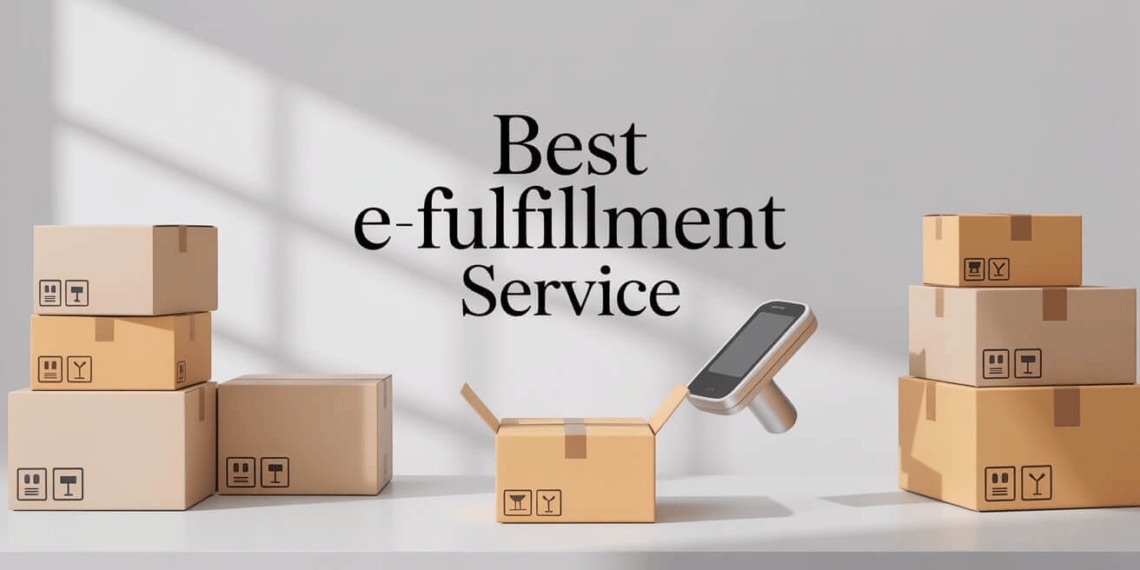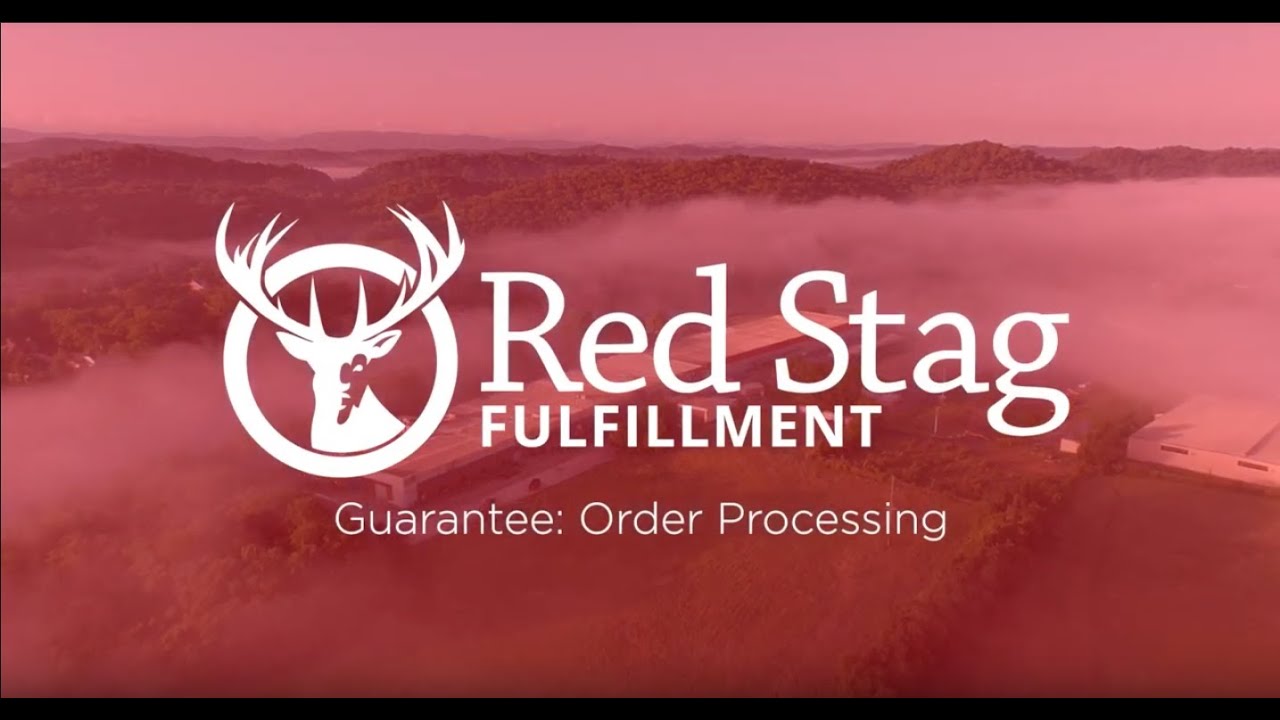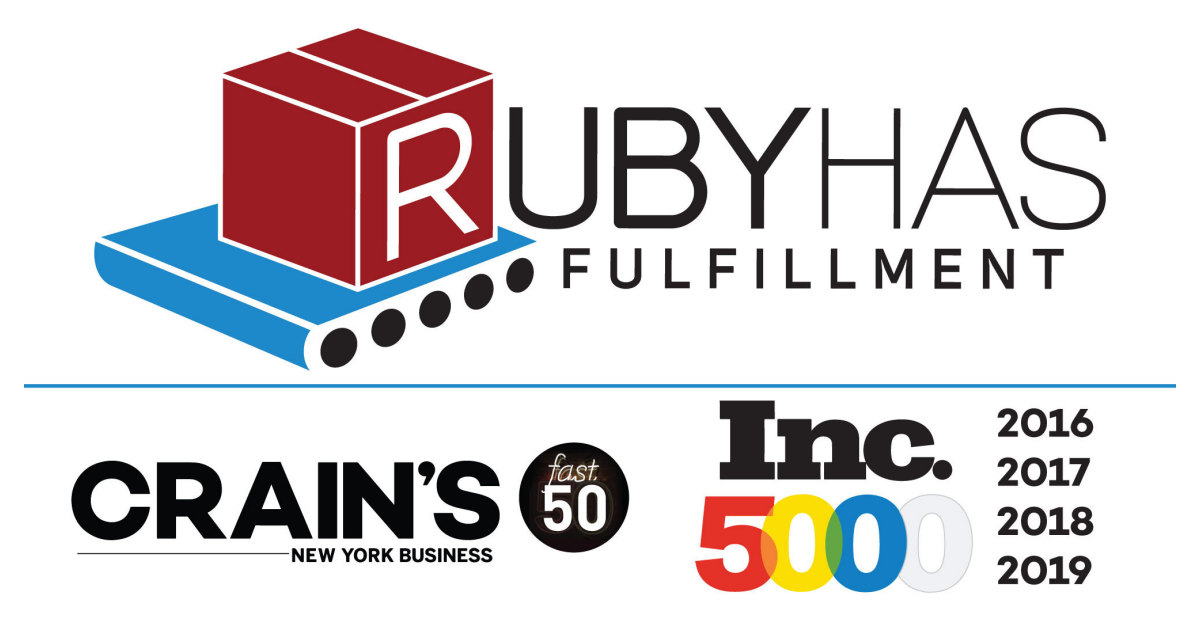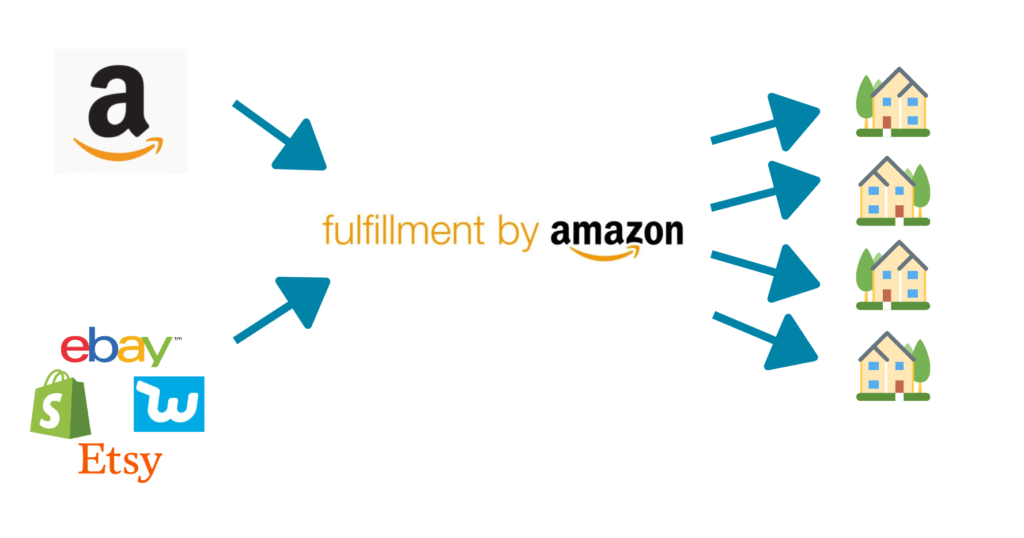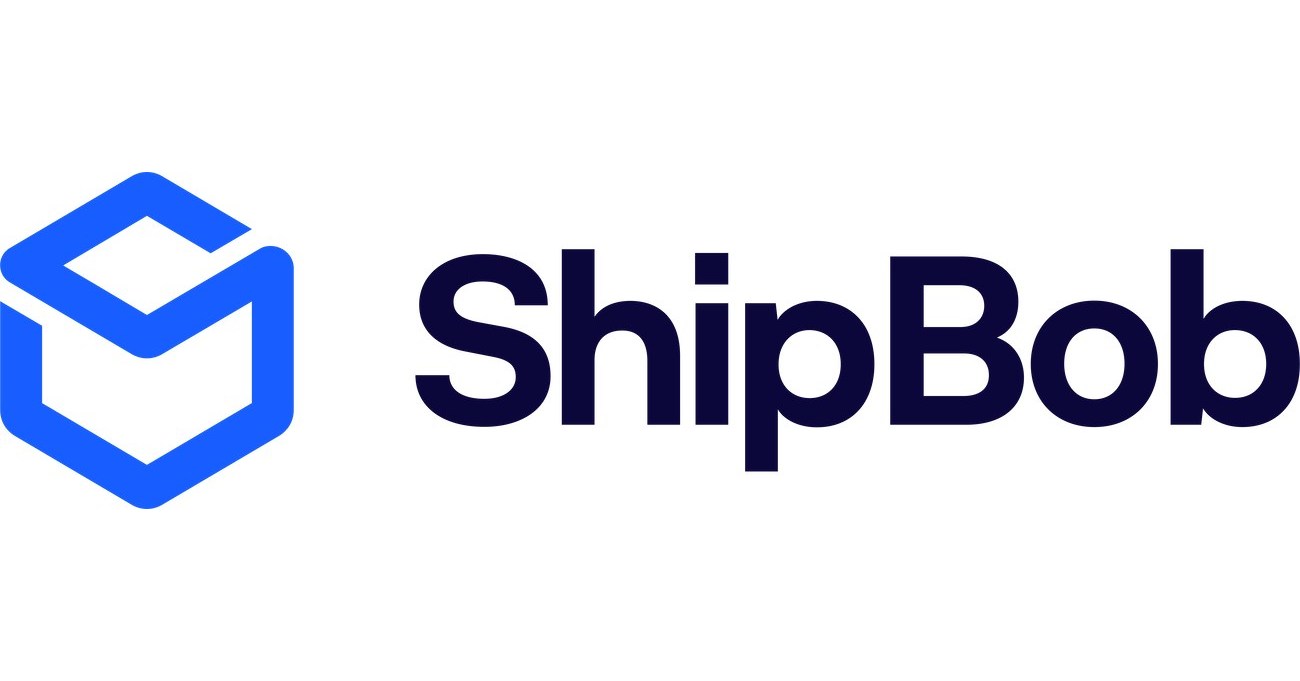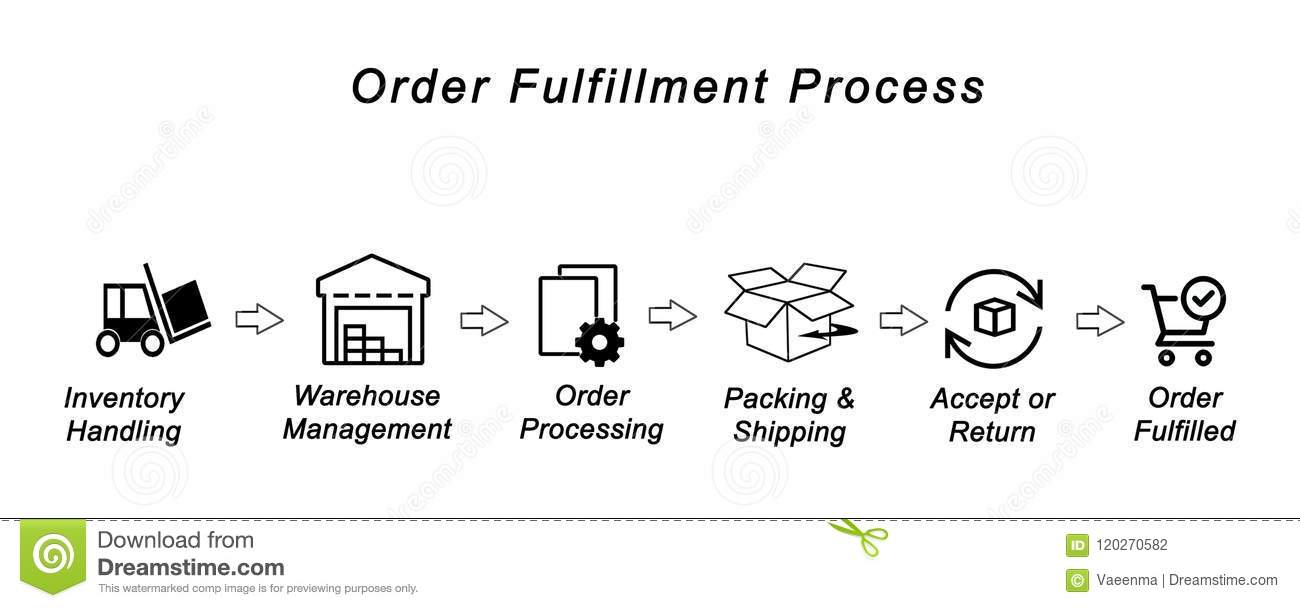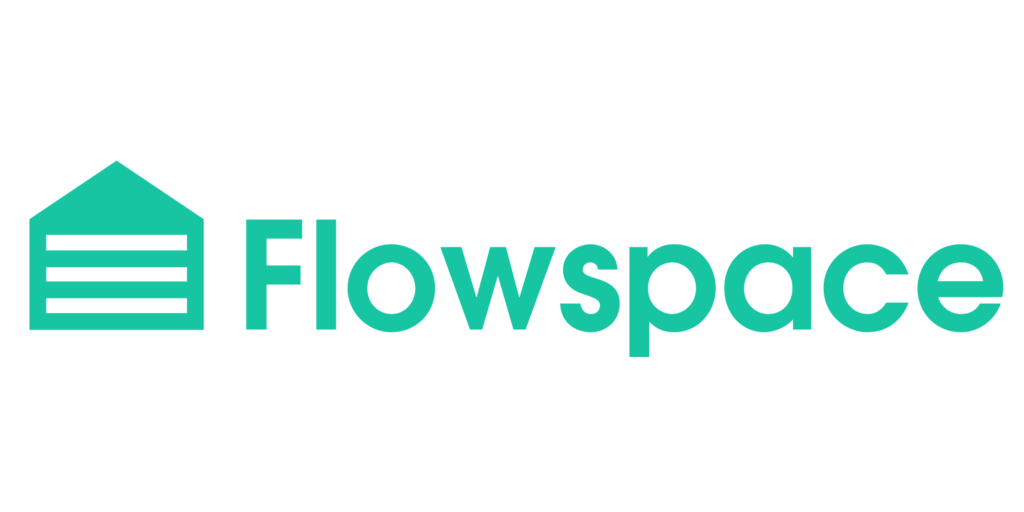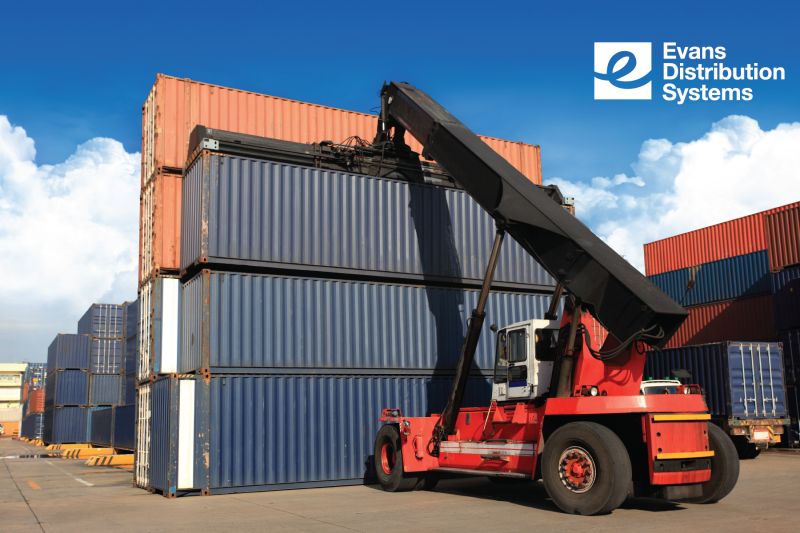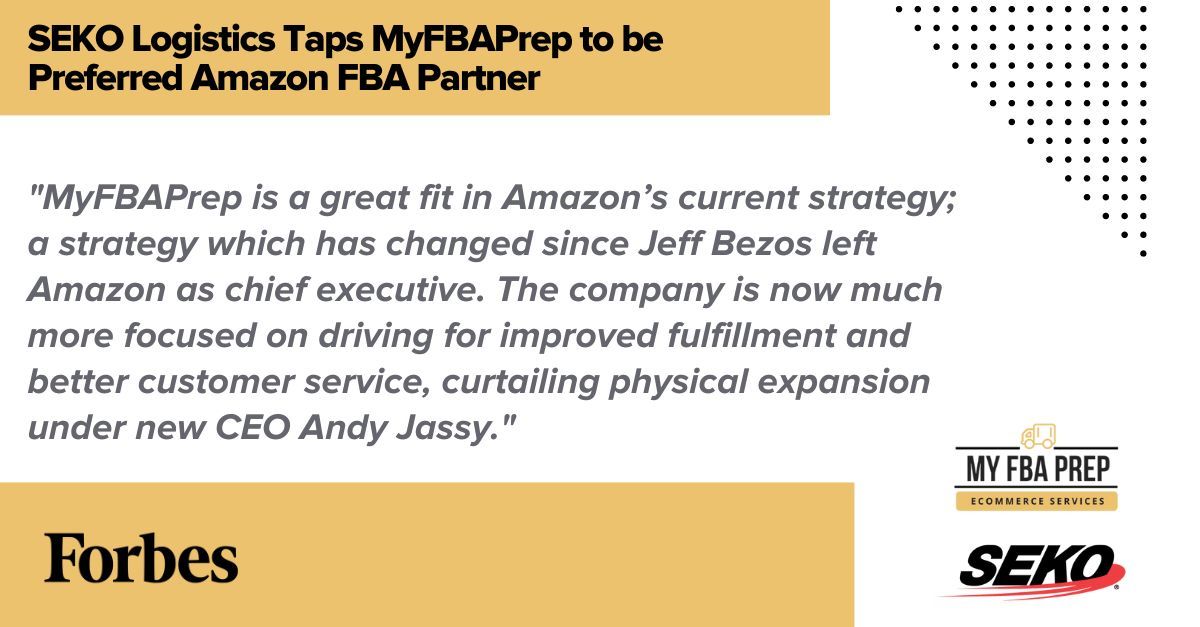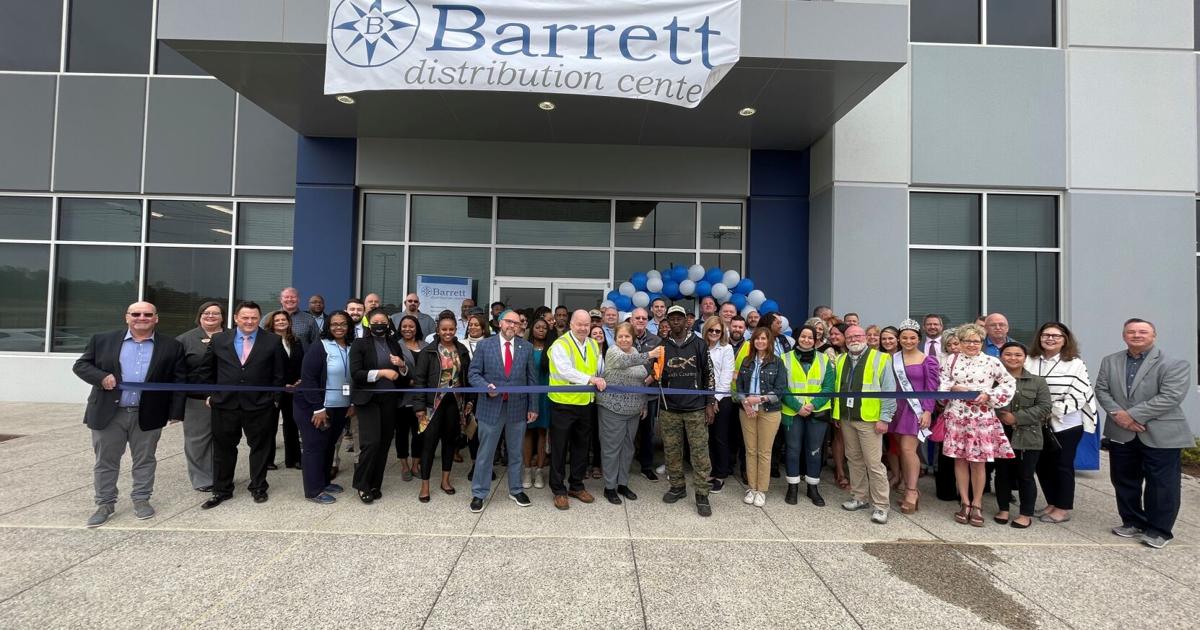As e-commerce continues to grow rapidly, order fulfillment becomes a critical component of delivering an exceptional customer experience. Whether you’re just starting out or scaling your online store, deciding how to handle e-fulfillment in-house or with a third-party logistics provider (3PL) can significantly impact your efficiency, costs, and customer satisfaction.
In this guide, we’ll cover everything you need to know about e-fulfillment, including key processes, pros and cons, and the top e-fulfillment service providers in 2025.
What is E-Fulfillment?
E-fulfillment, also known as ecommerce fulfillment, refers to the entire process of receiving, processing, packing, shipping, and managing customer orders placed online. It encompasses:
-
Inventory management
-
Warehousing and storage
-
Order picking and packing
-
Shipping and delivery
-
Returns and refund handling
A business can choose to handle fulfillment in-house or outsource it to a 3PL (Third-Party Logistics Provider). Many fast-growing e-commerce brands partner with fulfillment services to save time, reduce costs, and improve delivery speed.
Should You Handle E-Fulfillment In-House or Outsource?
Managing your own fulfillment gives you complete control over branding and customer experience, but it comes at a cost time, resources, and logistical complexity.
In-House Fulfillment
Pros:
-
Full control over packaging and branding
-
Better quality assurance
-
Direct customer interaction
Cons:
-
Higher operational overhead
-
Time-consuming logistics
-
Difficult to scale quickly
Third-Party Fulfillment (3PL)
Pros:
-
Faster shipping times via distributed warehouses
-
Lower shipping rates due to volume discounts
-
Access to fulfillment technology and support
Cons:
-
Less control over the packaging and experience
-
May have limited customization options
-
Possible communication delays
Key Features to Look for in an E-Fulfillment Partner
When evaluating e-fulfillment providers, consider the following essential features:
Feature |
Description |
|---|---|
Shipping Speed |
2-day or same-day fulfillment options are crucial for meeting customer expectations. |
Inventory Management |
Real-time tracking, automated alerts, and seamless integration with your store. |
Custom Packaging |
Ability to include branded materials, inserts, or personalized packing slips. |
Return Handling |
Efficient reverse logistics and restocking processes. |
Volume Discounts |
Reduced rates for growing businesses or high order volume. |
Customer Support |
Reliable service with quick response times. |
Integration |
Works with platforms like Shopify, Amazon, WooCommerce, and more. |
List of Top 10 Best eFulfillment Service Alternatives:
Here is an explanation of the top ten eFulfillment Service alternatives.
1. Red Stag Fulfillment:
Red Stag Fulfillment, a service for online retailers and merchants, offers order fulfillment for your eCommerce business. It interacts extensively with major eCommerce platforms, including Shopify, Amazon, BigCommerce, Magento, OpenCart, 3dCart, WooCommerce, and many others. One of its unique features is the same-day fulfillment service, which enables you to track the purchase in real-time and deliver it on the same day. Warehouse inventory management includes a bespoke cloud-based dashboard that shows real-time data, performance, and orders to keep you informed about inventory shortages.
Best for: High-value and heavy products
Key Features:
-
Same-day fulfillment
-
Barcode-based error prevention
-
Real-time inventory dashboard
-
Seamless returns and restocking
Red Stag offers exceptional accuracy and speed, ideal for brands that prioritize performance and reliability.
2. Ruby:
Ruby, a fulfillment service provider, is committed to strengthening your brand. It has a total of 6 delivery hubs dispersed across Canada and the US and offers same-day fulfillment from its warehouses. Thanks to sophisticated API access, the vendor may obtain clear data visibility, analytics, reports, and insights more quickly. Ruby uses precise order and inventory management to ensure that fulfillment products are acquired, adequately packaged, maintained in storage, and shipped. Check the class registration software as well.
Best for: Fast-growing e-commerce brands in North America
Key Features:
-
Same-day shipping from 6 hubs across the US and Canada
-
30+ integrations via advanced API
-
Real-time order tracking
-
High-level customer service
Ruby emphasizes brand building and customer trust through clear visibility and fast shipping.
3. Amazon Multi-Channel Fulfillment:
A fulfillment service from Amazon for businesses that sell through channels other than the Amazon Marketplace is called Amazon Multi-Channel Fulfillment (MCF), which should not be confused with Fulfillment by Amazon (FBA). The fact that Amazon MCF has been around for a while is their most significant edge.
Best for: Businesses already using Amazon infrastructure
Key Features:
-
Leverages Amazon’s vast warehouse network
-
Fast and cost-effective shipping
-
Easy integration with many platforms
4. ShipBob:
In addition to picking and packing, ShipBob is a best-in-class logistics and e-fulfillment provider with a global fulfillment network, patented technology, integrated inventory and order management systems, committed customer support, and more.
Best for: Global fulfillment and scalable logistics
Key Features:
-
Multi-warehouse inventory distribution
-
Integrated inventory and order management
-
Developer API and real-time analytics
ShipBob combines technology and logistics, making it a great partner for fast-scaling DTC brands.
5. Delivery:
With their two-day delivery services and rapid delivery badges, the fulfillment provider Deliverr claims to boost sales across the board. The strategic placement of Deliverr’s fulfillment centers around the United States is its key selling feature. In fact, due to their vast warehouse network, 95% of US-based customers qualify for two-day or quick shipment.
Best for: Rapid US delivery with wide platform compatibility
Key Features:
-
Two-day delivery badges
-
Nationwide warehouse network
-
Transparent pricing
6. Flowspace:
Ben Eachus, the CEO, and Jason Habert, the CTO, launched Flowspace in 2017 to address the issue of warehouse space for smaller businesses. Additionally, they now provide a huge range of fulfillment services, such as picking, packing, and shipping. Flowspace offers one- and two-day shipping services to most regions and operates hundreds of warehouses across the United States. Thanks to their extensive fulfillment network, you can expeditiously deliver your consumers’ goods. Major e-commerce platforms like Shopify, Rakuten, Ecwid, and others are integrated with the platform.
Best for: Small-to-medium e-commerce businesses
Key Features:
-
Hundreds of US-based fulfillment centers
-
30-day onboarding support
-
Shopify, Ecwid, Rakuten integrations
-
One- and two-day shipping
7. Evans Distribution Systems:
Evans Distribution Systems is a provider of logistics distribution, transportation, and warehouse management services. Enter new markets, reduce supply chain costs, and monitor product turnover. The WMS software incorporates your supply chain, subsequently utilized to create business planning. The application features are online inventory reporting, ASN sending, order processing, shipping notification, e-commerce connection, inventory management, data export, kitting, EDI capabilities, barcoding, lot control, FIFO control, and customized reporting.
Best for: Full-service logistics and transportation
Key Features:
-
Warehouse and transportation management
-
Real-time inventory visibility
-
EDI capabilities and barcoding
-
Same-day processing & returns
8. Weber Logistics:
Weber Logistics is one of the giant warehouse, shipping, and fulfillment service companies in the US. Weber provides Service to many Californian ports for importers that transport items from Asia to the US via LA beach. The port services provide a drayage alternative that gives you flexibility and reduces expenses by moving freight during peak periods.
Best for: West Coast importers and temperature-sensitive goods
Key Features:
-
Port drayage and container management
-
Ambient, chilled, and frozen storage
-
Real-time reporting & compliance tracking
-
Organic-certified warehouse space
9. MyFBAPrep:
Former Amazon workers launched the fulfillment startup MyFBAPrep. They specialize in addressing the stringent preparation requirements, one of the greatest drawbacks of employing FBA. However, they have grown to include direct-to-consumer logistics and other markets. MyFBAPrep’s comprehensive Amazon prep services and 1-3 day turnaround expedite selling on FBA.
Best for: Amazon FBA prep and DTC fulfillment
Key Features:
-
End-to-end FBA preparation
-
Preptopia™ dashboard for full transparency
-
Support for kitting, labeling, and cold storage
-
Phone, email, and chat support
10. Barrett Distribution:
A company in the US named Barrett Distribution provides specialized eCommerce logistics services. Barrett offers a range of domestic and international managed transportation options for fashion and footwear, health and beauty, food, customer-packed items, and e-commerce sectors, to name just a few. It offers drop-shipping, omnichannel merchants, material handling software, warehouse management system workflow, and omnichannel fulfillment to meet the growing demand.
Best for: Specialized industries (fashion, food, health)
Key Features:
-
Omnichannel order fulfillment
-
Drop-shipping and WMS software
-
Real-time tracking with ProShip integration
-
International shipping support
Great for complex fulfillment needs with multi-level storage and high accuracy.
E-Fulfillment Providers Comparison Table (2025)
Provider |
Best For |
Key Features |
Integrations |
Shipping Speed |
Branding Options |
Customer Support |
|---|---|---|---|---|---|---|
Red Stag Fulfillment |
Heavy & high-value items |
Same-day fulfillment, barcode accuracy, returns handling |
Shopify, WooCommerce, Amazon |
Same-day, 2-day |
Custom packaging |
Excellent |
Ruby |
North American brands |
6 warehouses, 30+ APIs, real-time tracking, brand-building tools |
Shopify, BigCommerce, more |
Same-day, 2-day |
Branded packaging |
Outstanding |
Amazon MCF |
Amazon sellers using other channels |
Vast network, low costs, end-to-end fulfillment |
Limited |
1–2 days (varies) |
No branding options |
Limited |
ShipBob |
Global expansion |
Inventory distribution, full-stack tech, API access |
Shopify, Wix, Amazon, etc. |
2-day, Int’l |
Branded packaging |
Dedicated support |
Deliverr |
Speedy U.S. shipping |
Delivery badges, 95% US coverage, transparent pricing |
Shopify, Walmart, Wish, etc. |
2-day (US) |
Limited branding |
Moderate |
Flowspace |
Small to mid-sized businesses |
30-day onboarding, 1-2 day shipping, warehouse matching |
Shopify, Rakuten, Ecwid |
1–2 days (US only) |
Some customization |
Strong |
Evans Distribution |
Full-service logistics |
WMS/TMS software, real-time tracking, freight & returns |
Custom EDI/API |
Same-day, varies |
Moderate customization |
Solid |
Weber Logistics |
West Coast importers, temperature goods |
Port services, chilled/frozen storage, compliance monitoring |
EDI/API integrations |
1–2 days (West Coast) |
Yes, with limitations |
Strong |
MyFBAPrep |
Amazon FBA & DTC hybrid sellers |
Preptopia™ dashboard, kitting, cold storage, FBA compliance |
Limited direct integrations |
1–3 day turnaround |
Branded packaging |
Phone, chat, email |
Barrett Distribution |
Industry-specific fulfillment |
Omnichannel, ProShip shipping software, real-time reporting |
FedEx, DHL, UPS integrations |
Varies, incl. int’l |
Branded + drop-shipping |
Moderate |
How E-Fulfillment Drives E-Commerce Growth
Improving your e-fulfillment operations can significantly enhance:
-
Customer satisfaction through faster shipping
-
Brand trust with consistent delivery experiences
-
Revenue growth from repeat business and fewer returns
-
Operational efficiency with lower costs and streamlined logistics
Tips for Choosing the Right Fulfillment Strategy
-
Analyze your order volume and growth projections.
-
Evaluate total costs, including storage, shipping, and returns.
-
Test multiple fulfillment options to compare performance.
-
Consider hybrid models: mix in-house and 3PL as needed.
Conclusion
E-fulfillment isn’t just about shipping products it’s about delivering your brand promise. Choosing the right fulfillment solution ensures your online store runs smoothly, your customers stay happy, and your business continues to scale.

